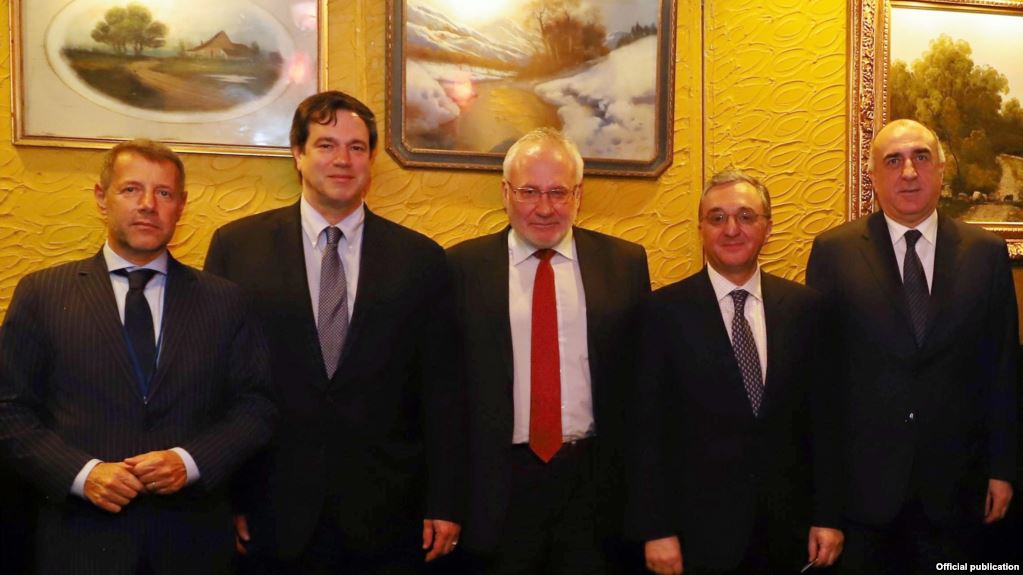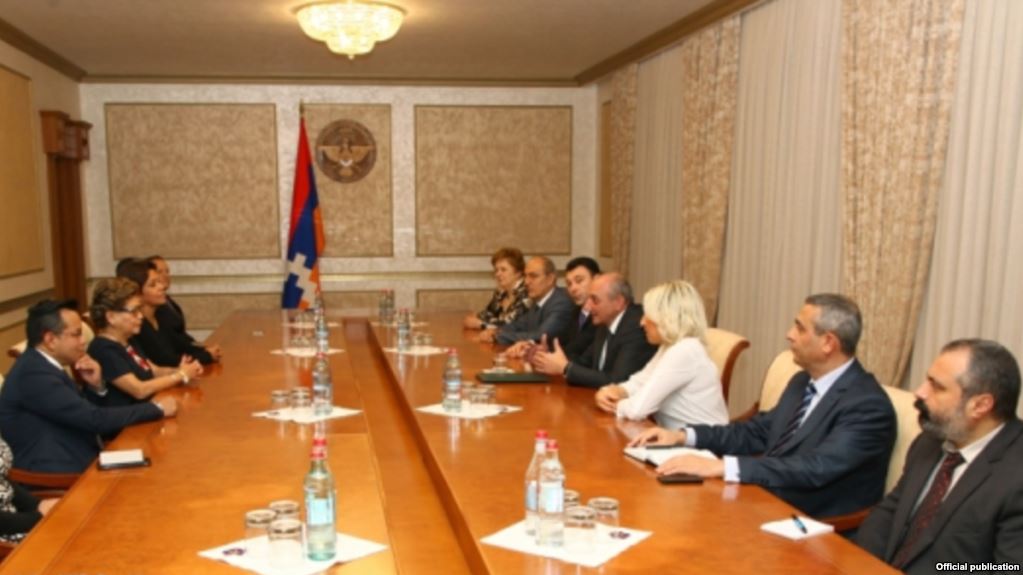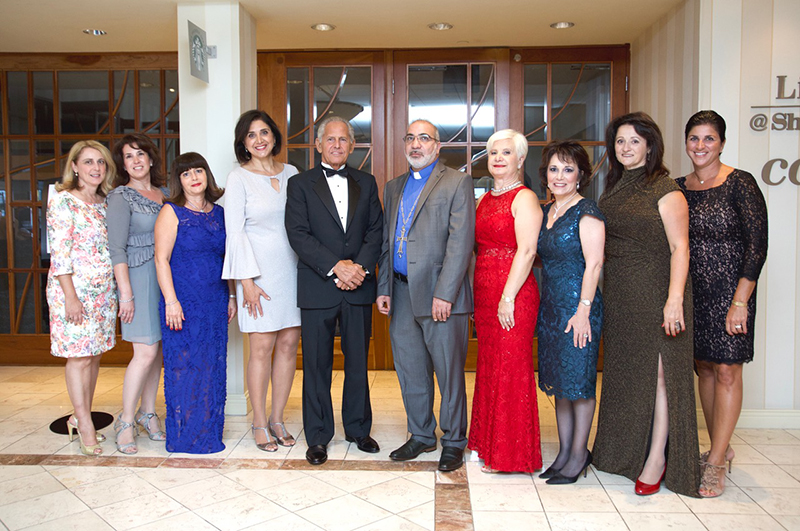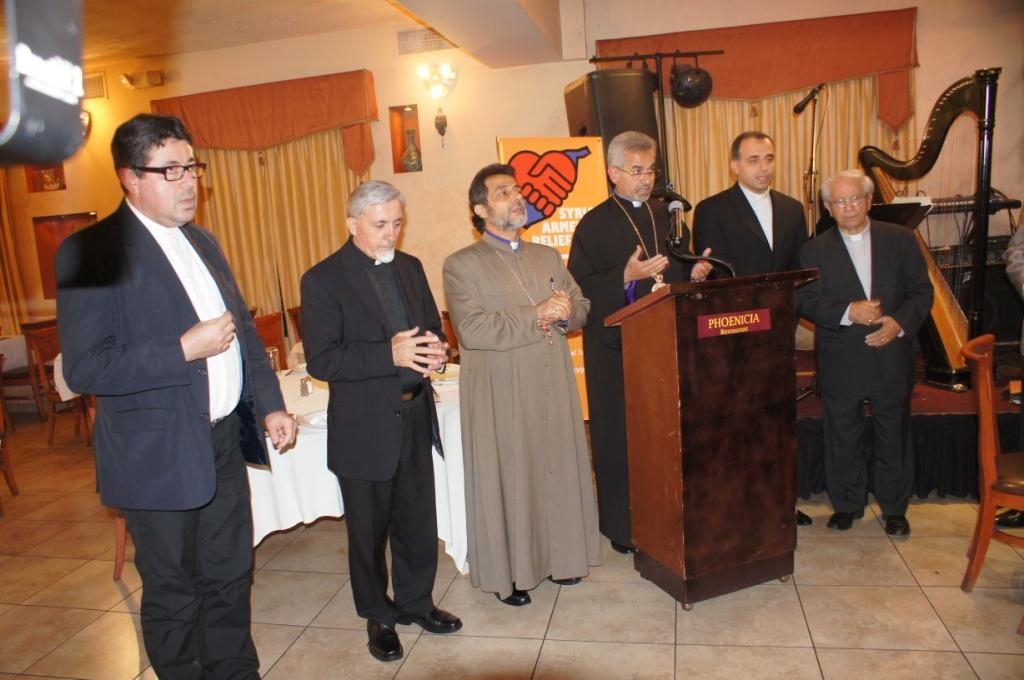YEREVAN — The foreign ministers of Armenia and Azerbaijan have agreed to meet in Washington on June 20 amid increased ceasefire violations in the Nagorno-Karabakh conflict zone.
The foreign ministries of the two warring nations announced the date and venue of the widely anticipated talks on Friday.
In a statement released on Friday, the Armenian Foreign Ministry said following the meetings held in Paris and Moscow in January and April, respectively, consideration was given to hold the next meeting of the FMs in the third co-chairing country – the United States. As it was before, this time as well the participants agreed to announce the meeting simultaneously and Armenia respects that agreement.
“At the same time Azerbaijan’s continuous deplorable violations of ceasefire and provocative actions in recent days, which caused human irreversible losses and led to a serious escalation of the situation on the line of contact, have created unfavorable environment ahead of the meeting.
“The actions of Azerbaijan, which are marked by the use of force and threat of use of force, hinder the establishment of an environment conducive to peace and thus undermine the advancement of the peace process.
“The current situation defines the priorities of the agenda of the upcoming meeting in Washington D.C.,” reads the statement.
Two Armenian soldiers were shot dead in Karabakh on June 1 and June 13. The Azerbaijani military has also reported two combat deaths within its ranks in the two-week period. The two sides have accused each other of using not only small arms but also mortars.
The Karabakh Defense Army has said that Azerbaijani forces also fired dozens of rocket-propelled grenades. In a statement released on Wednesday, the army also said that Azerbaijani helicopters and unmanned aircraft have flown dangerous close to its frontline positions.
Tensions on the frontlines had eased significantly following the first meeting of Armenian Prime Minister Nikol Pashinyan and Azerbaijani President Ilham Aliyev held in Tajikistan in September. The two leaders also talked on four other occasions in the following months, raising some hopes about progress in the protracted Karabakh peace process.










